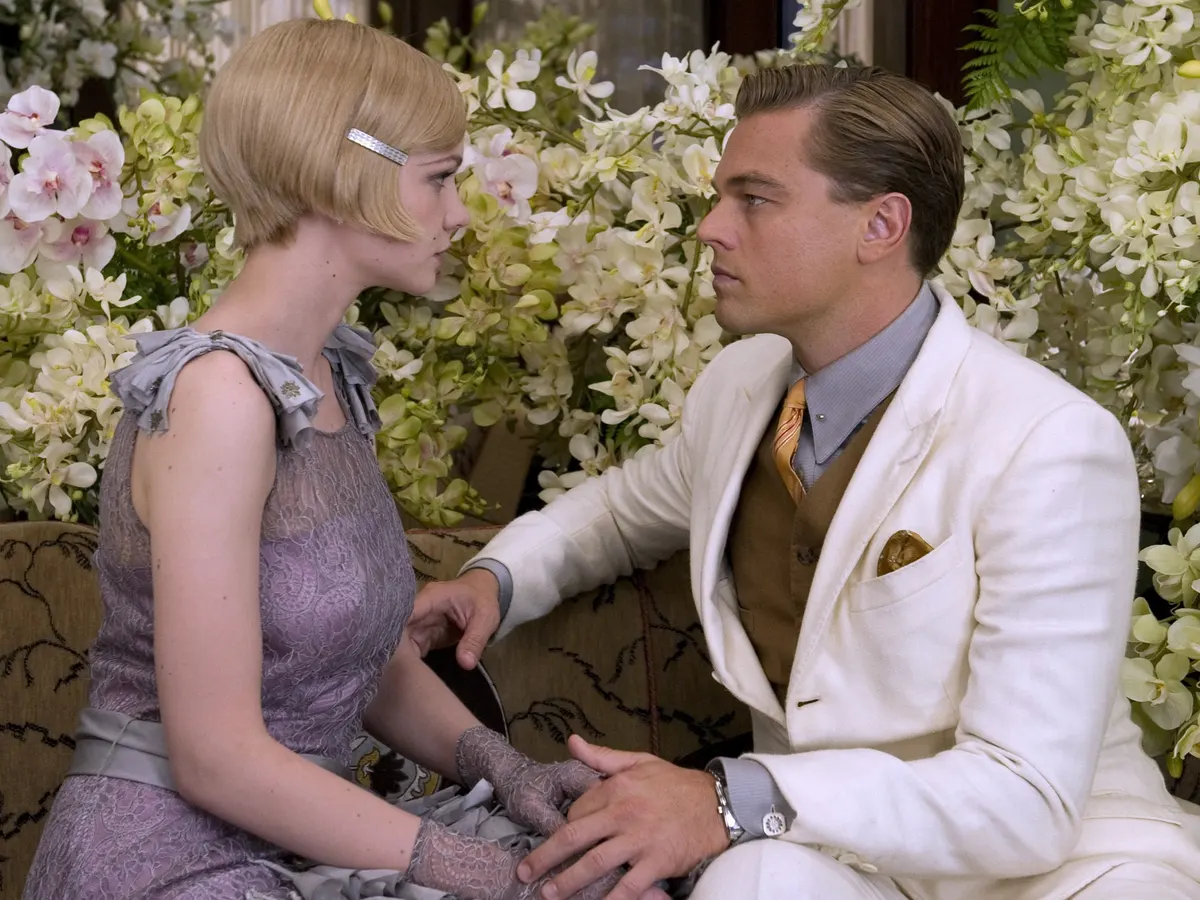Sometimes a silhouette is more significant than an ordinary drawing. A few traces of the pen, a few vibrant adjectives, are often sufficient to bring a character to life.
Take Owl Eyes, a partygoer at Gatsby’s mansion, a quickly drawn and excellent character who wanders into the library with intoxicated admiration. I’ve always seen this man as wise, someone groping through the booze-haze to understand the mirage before him. Readers have been lost in Gatsby’s house ever since, lost in his never-ending revival.
Almost all the bitterness Nick feels about Gatsby has been directed back at Fitzgerald’s novel.
What major work of fiction is so well established in the curriculum and canon yet is constantly and vigorously contested for its literary merit and ethical character? We’re not talking about books like Huckleberry Finn, which got sucked into a rage about racial slurs and censorship and the tireless battle over the N-word. With Gatsby, one must ask: Could Fitzgerald write well, or was he, as Gore Vidal said, just a novice?
Almost all the bitterness Nick feels about Gatsby has been directed back at Fitzgerald’s novel. Just as Nick questions Gatsby, readers question his book: Is this mere shallowness or astonishing depth? Like Daisy, Nick has been criticized for his passive attitude or worse, for taking part in the spectacle.
Even admirers disagree: is the book good, or is it great?
The answer lies not in the assurance of the perfect text but its unknowability. Despite the tight structure and well-crafted three-act framework, it’s full of wild ambivalence, stiff morality, and a love of money, as well as a lack of empathy from many of its players.
Fitzgerald was proud of his achievement, but his work baffled critics and didn’t sell well. “Of all the reviews, even the most enthusiastic, not one had the slightest idea what the book was about,” Fitzgerald wrote to the critic Edmund Wilson.
That question remains unresolved. Some reviewers have seen the novel as a slapdash piece of work. John Kenneth Galbraith sneered that Fitzgerald had no real interest in class. “It is the lives of the rich — their enjoyments, agonies and putative insanity — that attract his interest,” he wrote. “Their social and political consequences escape him as he himself escaped such matters in his own life.”
True, Fitzgerald was bitter and envious of the rich. “I have never been able to forgive the rich for being rich and it has colored my entire life and works,” he wrote to his agent, this coming from the same man who fell in love with Zelda because she looked expensive.
As we are borne back through this single text, we see that admiration might be one path to literary immortality. Still, we should be wary of endless interpretation and enjoy the traces of Fitzgerald’s knife-sharpened pencil.
